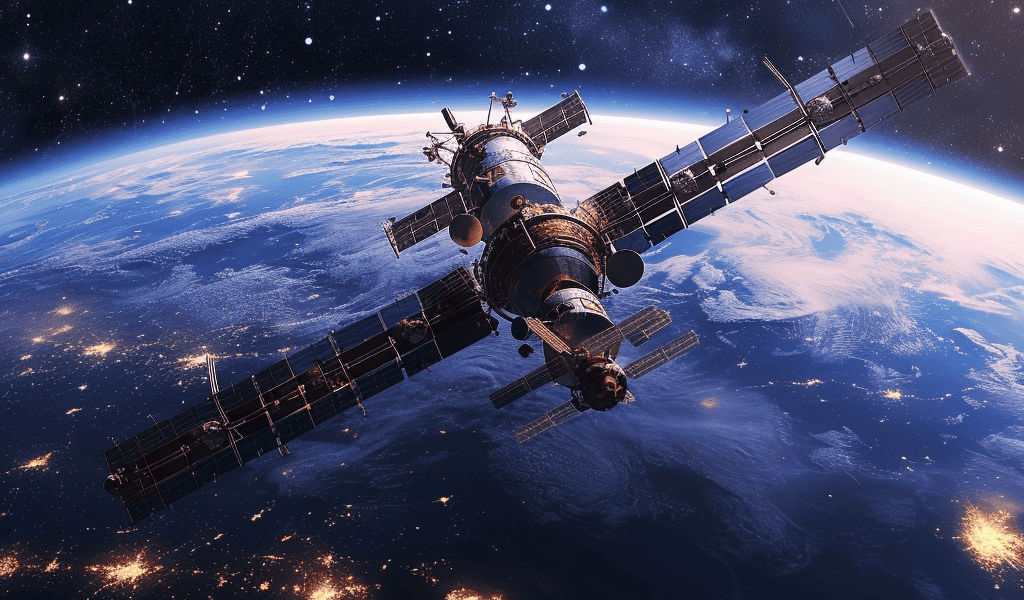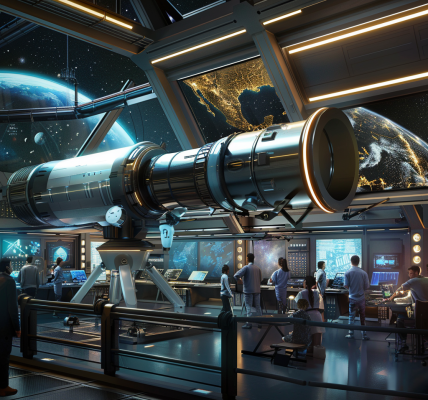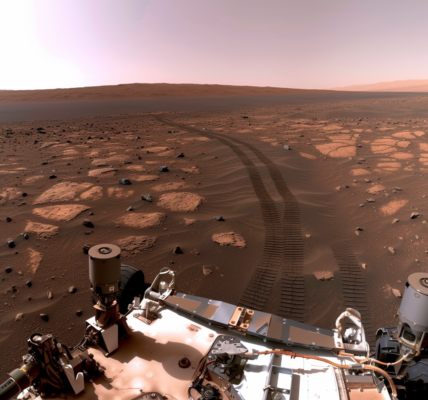The Importance of Space Sustainability and Intelligent Technology in the New Era of Space Exploration
As we step into a new era of space exploration, the need for a framework for space sustainability becomes increasingly apparent. Professor Tshilidzi Marwala, the seventh Rector of the United Nations (UN) University and UN Under Secretary-General, emphasizes the importance of engaging in space diplomacy to prevent conflicts, resolve disputes, and promote peaceful coexistence in outer space.
The relationship between intelligent technology and space has been deeply intertwined for decades. From the early days of space missions relying on sophisticated computing technologies to the current advancements in robotics, machine learning, and AI, intelligent technology has been a driving force behind various space initiatives.
One of the significant contributions of space technology is its role in addressing the challenges posed by climate change. By leveraging space technology, we can better study our planet, predict disasters and weather patterns more accurately, and work towards mitigating the consequences of climate change.
AI has played a pivotal role in enhancing the capabilities of space probes, rovers, and satellites. Nasa’s autonomous rovers on Mars exemplify AI’s prowess in decision-making, obstacle avoidance, and significant discoveries. Furthermore, AI-powered navigation systems facilitate extraterrestrial exploration independently of traditional satellite support, while machine learning techniques aid in locating space debris, reducing collision risks, and optimizing data collection and distribution from scientific missions.
Moreover, the economic impact of space technology is substantial, extending across various sectors by providing technological innovation, creating jobs, enhancing global connectivity, and fostering economic growth. However, the historical emphasis on competitiveness in the space industry raises concerns about the potential exploitation of decreased regulation by influential business entities, potentially prioritizing high technologies at the expense of urgent social issues.
As we continue to witness the evolution and expansion of the space industry, the development of a framework for space sustainability becomes imperative to ensure responsible and inclusive growth in this pivotal sector.





